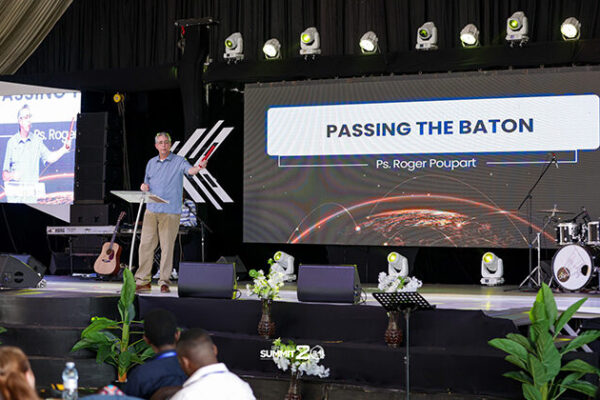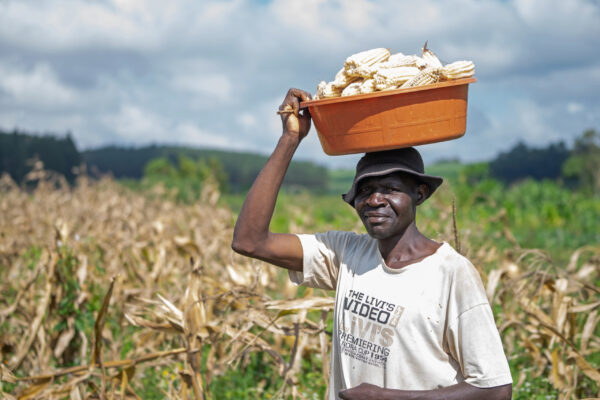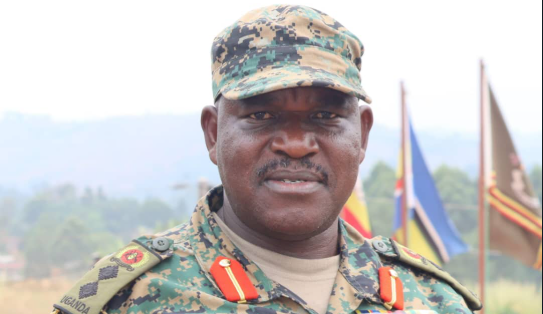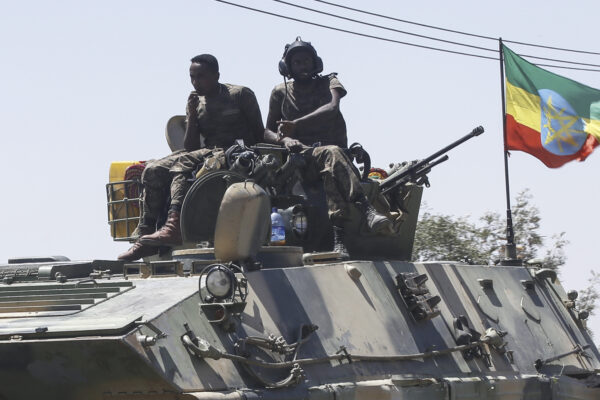
Pastors in Uganda tipped on successful leadership transition
Preparing a Church for Pastoral Transition At any one time, a ministry organisation will expect changes in the top leadership positions, including that of a senior pastor. But these changes call for mentorship, resiliency and patience as outlined by Dr. Roger Poupart during the Renewal Summit 2024, organised by Gaba Community Church. Dr. Poupart, who is the senior Pastor at Wayside Chapel in San Antonio, Texas, urged hundreds of Ugandan pastors and ministry leaders who attended the 5-day event this week, that they must be willing to “share the spotlight and get out of the way for others to take the baton.” “The baton is not ours to keep, but it must be passed on,” he said. “Find those young leaders and begin to invest in them. Open up areas of leadership, and as they grow into those, give them more,” he explained further. Dr. Poupart encouraged the Church leaders to always serve with a consciousness that leadership transition will always happens at some point whether because of retirement, another ministry opportunity, a moral failing, an illness or even death; thus, the need for preparation. Through 2 Timothy 2:2, he urged that a Christian faith is a “relay race”, where one generation passes the baton of God’s truth to another. He explained that leaders in church are called to equip and raise up others to share the Gospel and continue the work of ministry. Dr. Poupart cautioned that self-serving leaders stunt the growth of their organization by holding onto power. “Our role as leaders and believers is not to hold onto power or control, but to pass on the baton of God’s truth to others, equipping them to continue the work of ministry. By doing so, we ensure the continuation of God’s work and the multiplication of ministry.” Mrs. Kauma Irene delivers her message titled, ‘Rediscovering God’s Principles for Discipling Nations’ at the Renewal Summit 2024 organised by Gaba Community Church. Photo/Courtesy. Elsewhere, Mrs. Kauma Irene from INUKA Afrika, which focuses on training leaders from all over Africa in transformation and the significance of taking the Gospel to the seven spheres of society, emphasized the importance of discipling families as a way of transforming communities. “It only takes 20% of society believing anything to influence and lead the other 80%,” she said. Mrs Irene, who also serves as the undersecretary to the First Lady and Minister of Education and Sports in the Government of Uganda, urged that the Church should not solely focus on salvation without teaching the full Biblical message. She also encouraged Church leaders to return to the Old Testament template of discipling nations, as seen in the story of Moses and Israel’s journey from slavery to greatness. This, she explained, involves transforming communities through the seven (7) expressions of the Kingdom: Government, Family, Communication, Science and Technology, Education, Church, and Economics.












